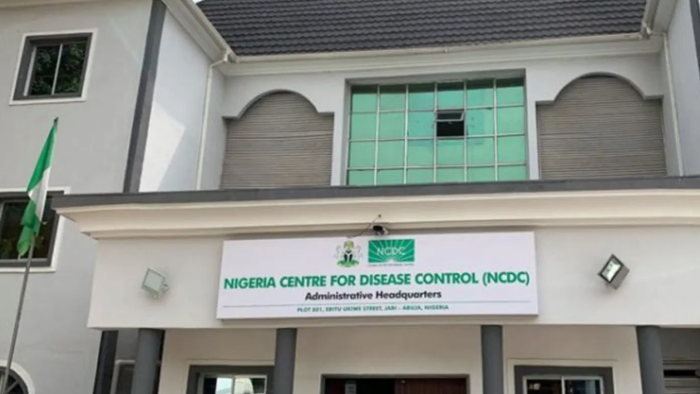The Nigeria Center for Disease Control and Prevention says it has implemented a continuous, coordinated national response to recent surges in response to the increasing risks and threats of infectious disease outbreaks, particularly waterborne and vector-borne diseases.
It warns that the country is already seeing an increase in cholera cases, and that yellow fever and dengue fever are starting to be detected in some states, claiming that this is happening at the same time that the country is coping with other ongoing Mpox and diphtheria outbreaks.
Several states are more susceptible to flooding and flash floods, according to a new impact-based weather forecast for July 2025 released by the Nigerian Meteorological Agency.
States like Sokoto have been found to be especially vulnerable to flash flooding.
Yobe, Zamfara, Kaduna, and a few more states are also at a significant risk of flooding.
This comes as the Nigerian Meteorological Agency recently issued an impact-based weather forecast for July 2025, emphasising that multiple states are particularly vulnerable to flooding and flash floods.
The NCDC revealed it is working closely with state governments, health partners, and communities to strengthen surveillance, provide treatment supplies, deploy rapid response teams, and other communication and community engagement efforts to contain outbreaks and reduce their impact.
Read Also

It urged the public to maintain high levels of hygiene, including regular handwashing and safe water practices and to seek prompt medical attention if any symptoms occur.
Flash floods can lead to large-scale displacement of populations, disruption of livelihoods, and floodwaters often contaminate water sources by washing pathogens or germs from soil, animal waste, or overwhelmed sewage systems into rivers, lakes, and other bodies of water.
This contamination affects drinking water sources and creates ideal conditions for the spread of cholera, which is caused by the bacterium Vibrio cholerae.
Additionally, heavy rainfall or flooding can create stagnant water in natural and artificial receptacles such as puddles, tree holes, discarded tyres and containers which becomes ideal breeding sites for mosquitoes that transmit diseases such as malaria, yellow fever, and dengue fever.





